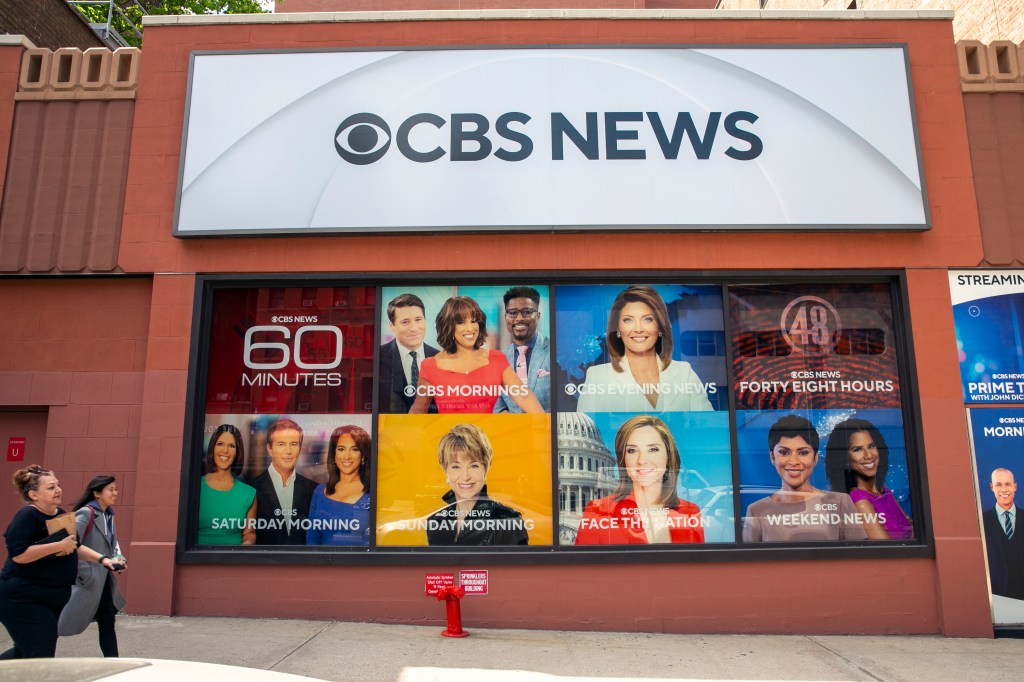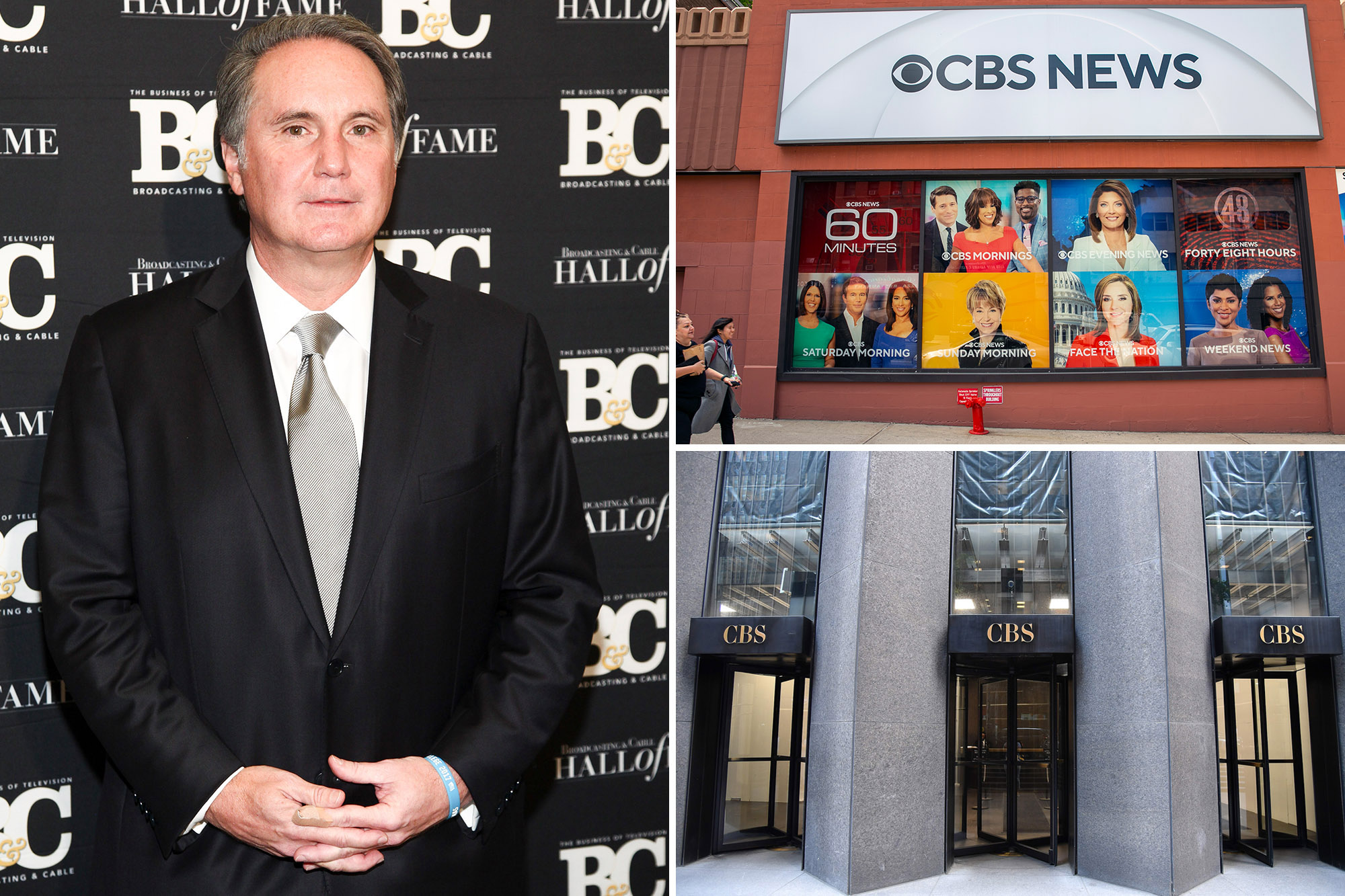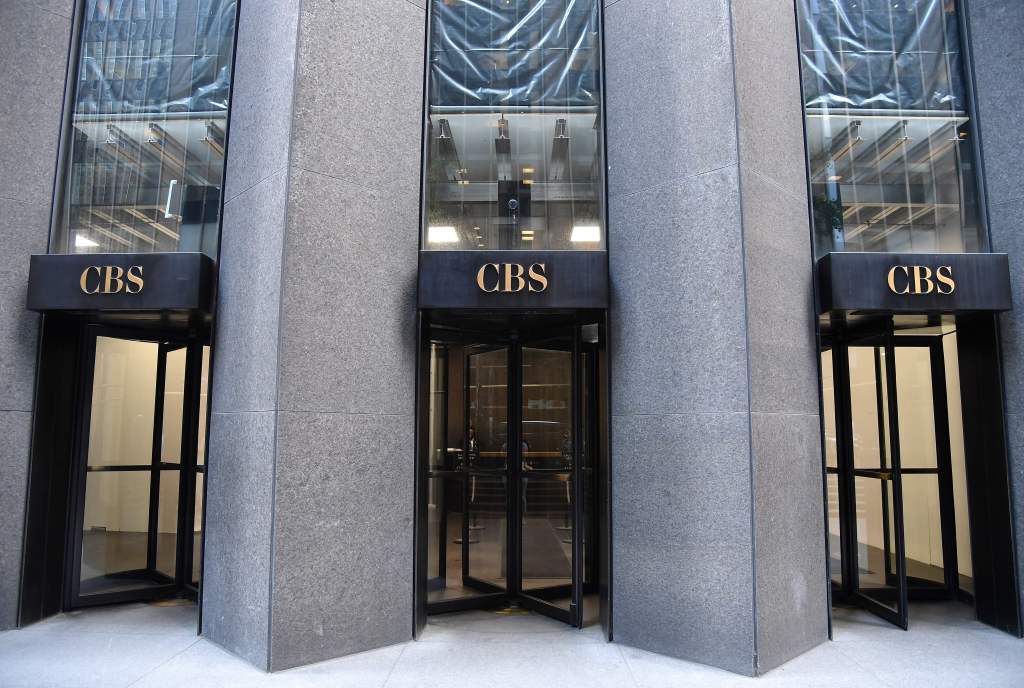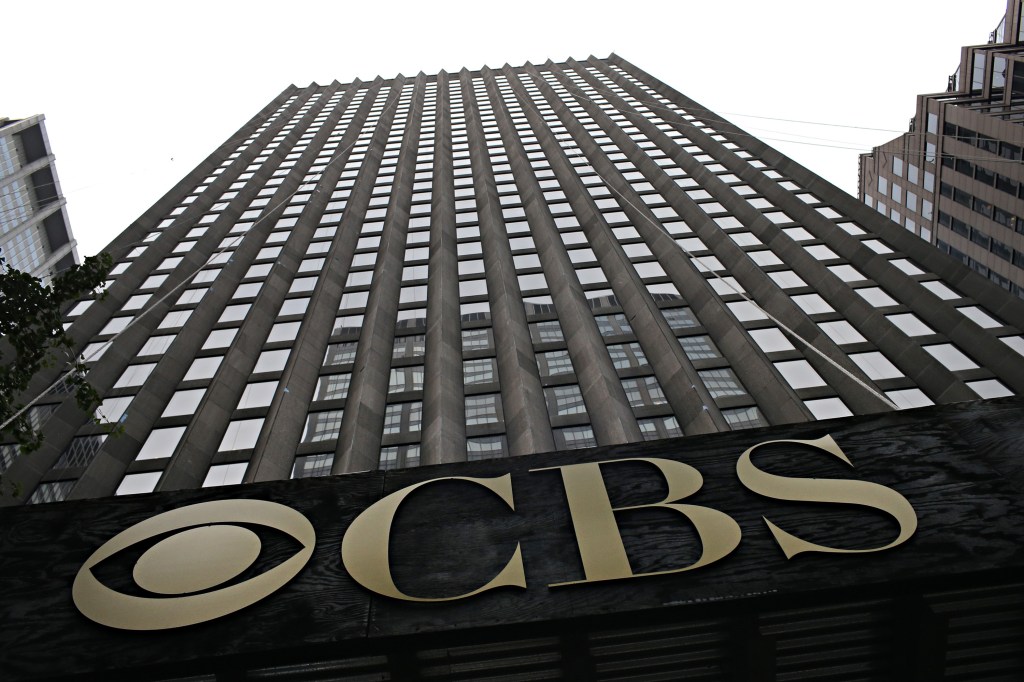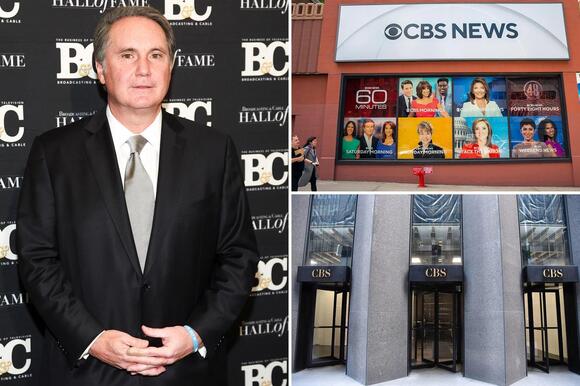CBS to Pay Fired Exec Accused of Calling Anchor ‘Too Gay’ Nearly $10 Million After Caving to ‘Woke Mob’: Suit
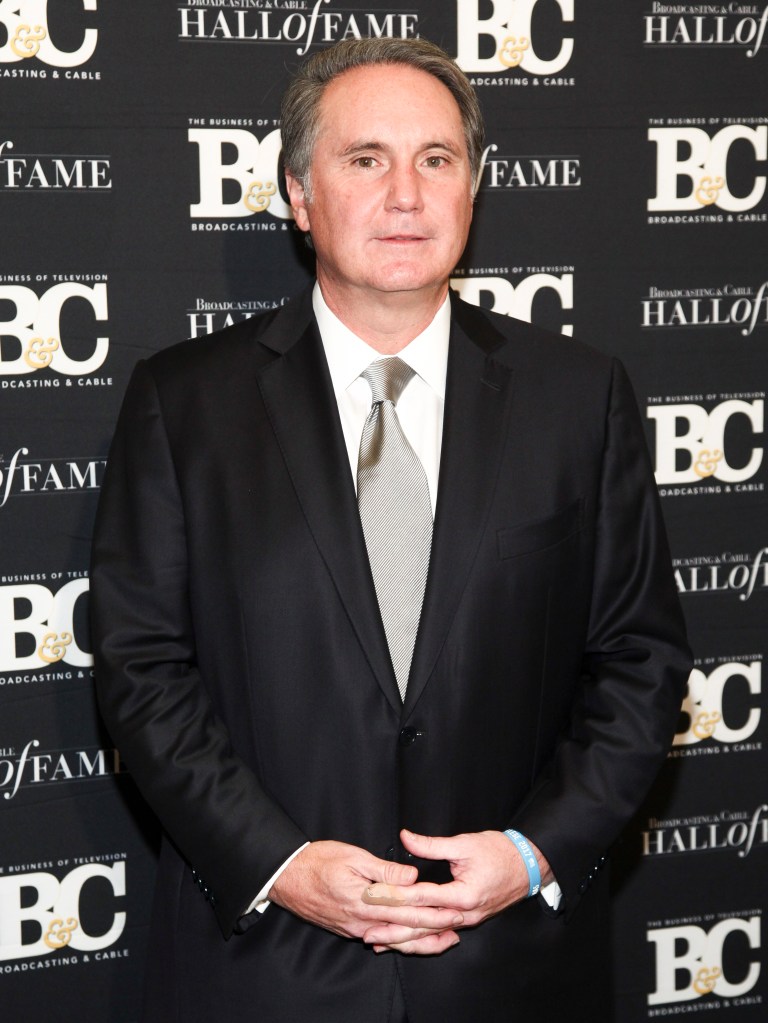
In a significant legal ruling, CBS has been ordered to pay nearly $10 million to Peter Dunn, a former executive who was dismissed amid allegations of misconduct. Dunn, who served as the president of CBS Television Stations, contended that his termination was the result of the network succumbing to pressure from what his attorney referred to as a “woke mob,” thus leading to an unjust dismissal.
Background of the Case Against CBS
The controversy surrounding Peter Dunn’s termination began in 2021 following a newspaper article that accused him of fostering a hostile work environment and making inappropriate comments, including a claim that a news anchor was “too gay.” Following these accusations, Dunn was quickly fired, despite an ongoing investigation into the alleged misconduct.
The network initially justified Dunn’s firing “for cause,” maintaining that it had sufficient grounds for terminating him. However, an arbitration panel later determined that CBS had violated Dunn’s employment contract by failing to conduct a thorough investigation before making the decision to fire him. This ruling has raised serious questions about the processes corporations should follow when addressing claims of workplace misconduct.
Legal Implications and Workplace Conduct Issues
The outcome of this case shines a spotlight on critical issues affecting workplace culture, particularly regarding how organizations respond to allegations of harassment or discrimination when under public scrutiny. Dunn’s attorney compared the rush to judgment in this case to the Red Scare, arguing that the response not only lacked fairness but also undermined due process.
CBS defended its actions, asserting that Dunn’s termination was warranted due to procedural issues and the nature of the allegations against him. Nevertheless, the arbitration ruling underscores the complex dynamics involved in safeguarding corporate reputations while ensuring fair treatment for employees faced with serious accusations. It presents a dilemma that many organizations face today: How to appropriately manage sensitive workplace allegations without succumbing to external pressures.
The Broader Context of Corporate Governance
This legal decision has extensive ramifications for corporate governance practices, particularly in how companies handle sensitive allegations tied to perceived discrimination—be it rooted in race, gender, or sexual orientation. Companies must strike a balance between acting promptly on complaints and ensuring that due process is honored. This case highlights the importance of having detailed policies and clear guidelines to follow when addressing such allegations to protect both the organization’s integrity and the rights of its employees.
With the arbitrators siding with Dunn, he now seeks to have these findings recognized in a formal court setting. The former CBS executive aims to clear his name and restore his reputation after a two-decade tenure with the media giant. As workplace dynamics continue to evolve, the outcome of this case may serve as a precedent for how organizations navigate future claims of misconduct.
The ruling not only impacts Dunn’s career but also sparks a broader conversation about the relationships between corporate governance, media pressure, and the treatment of employees in contentious situations. In a climate where public opinion can heavily influence corporate policies, organizations will need to tread carefully to maintain both reputational integrity and legal compliance.
As the legal battle continues, observers from various sectors are watching closely. This case could serve as an important lesson for both corporations and employees about the importance of due process and the risks posed by quickly succumbing to external pressures.
For those concerned about workplace equality and corporate accountability, it is essential to remain informed and advocate for fair treatment within organizations. As other cases arise, maintaining a focus on ethical practices and due diligence will become increasingly crucial.
